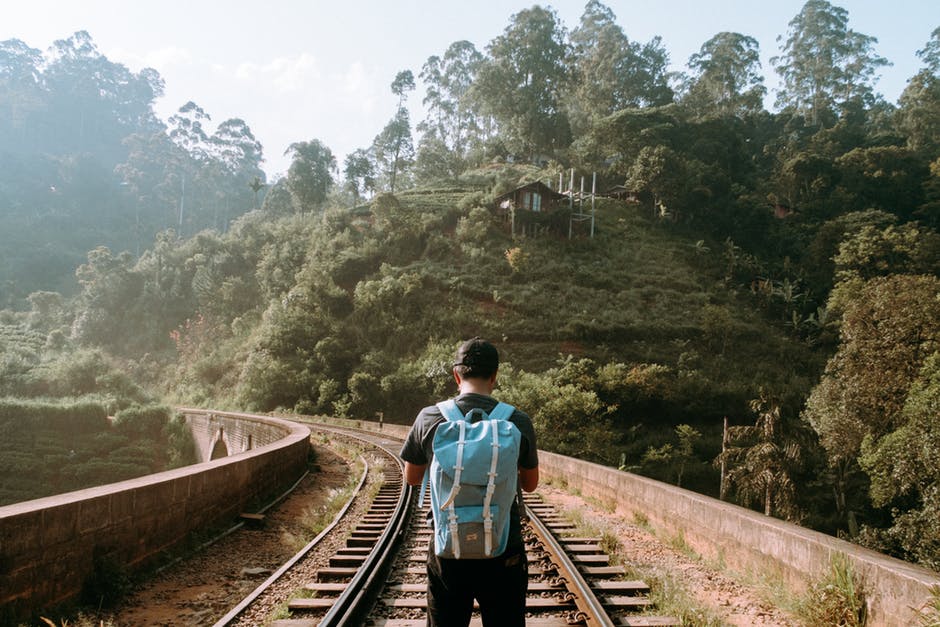
Are you eager to burst out of the confining walls of your house, travel the world, and experience nature?
Depending on where you live or how resourceful you are, backpacking is a great method of travel that combines the best of luxury and hardship.
Are you a beginner backpacker? Can’t decide how to get started?
Keep reading for our favorite backpacking for beginners tips to get you ready for your first outdoor adventure.
1. Plan and Prepare Like a Pro
Whether you’re planning a weekend getaway or an extended trip, proper planning and preparation are essential for a safe and enjoyable experience.
Research Your Destination
Before lacing up your hiking boots, research your chosen backpacking destination thoroughly. Look for trail maps, reviews, and online forums to gather information about the terrain, weather conditions, and potential challenges.
Create a Packing List
Think about the backpacking essentials you need, purchase a tactical backpack, invest in comfortable footwear, a reliable tent, a warm sleeping bag, and clothing suitable for the weather. Don’t forget essentials like a first-aid kit and enough food and water for the trip.
2. Master the Art of Navigation
Backpacking is an adventurous and fulfilling way to explore the great outdoors. Proper navigation skills are crucial for your safety and enjoyment.
Carry a Map and Compass
GPS devices and smartphone apps are handy tools, but they can fail you in remote areas with no signal. Always carry a physical map and compass and learn how to use them. Navigation skills are your lifeline when you venture off the beaten path.
Learn Trail Markers
Pay close attention to trail markers, such as colored blazes on trees or cairns (stacks of rocks). These markers guide you along the trail and prevent you from getting lost. If you ever find yourself unsure of your path, backtrack to the last known marker.
3. Embrace Leave No Trace Principles
Leave No Trace (LNT) principles are a set of ethical guidelines designed to promote responsible outdoor ethics and ensure the preservation of natural areas for future generations.
Respect Nature
Follow the Leave No Trace principles, to minimuze campfire impact, and respecting wildlife. By practicing this, you help preserve the natural beauty of the wilderness for future generations.
Proper Waste Disposal
When nature calls, use established backcountry toilets or dig a “cat hole” at least 200 feet away from water sources. Proper waste disposal is essential to protect water quality and maintain the pristine environment.
4. Safety First
Being prepared and knowledgeable can help you have a safe and enjoyable trip. Here are some essential safety backpacking for beginners tips to begin with:
Share Your Plans
Before you head into the wilderness, inform a trusted friend or family member about your itinerary and expected return date. In case of an emergency, they can contact authorities or search and rescue teams with accurate information.
Be Weather-Wise
Stay informed about weather conditions for your backpacking trip. Sudden storms or extreme temperatures can turn a pleasant adventure into a dangerous situation. Be prepared with the appropriate gear and consider postponing your trip if conditions are unfavorable.
Your Backpacking for Beginners Adventure Awaits
Backpacking for beginners may seem daunting, but with these four tips, you can embark on the ultimate adventure. Remember to pack light, plan, stay flexible, and be open to new experiences. So grab your backpack and get ready to explore the world like never before. Start your backpacking journey today and see where it takes you. Happy trails!
Keep taking notes and turning the pages on our blog to learn more great tips and tricks!





